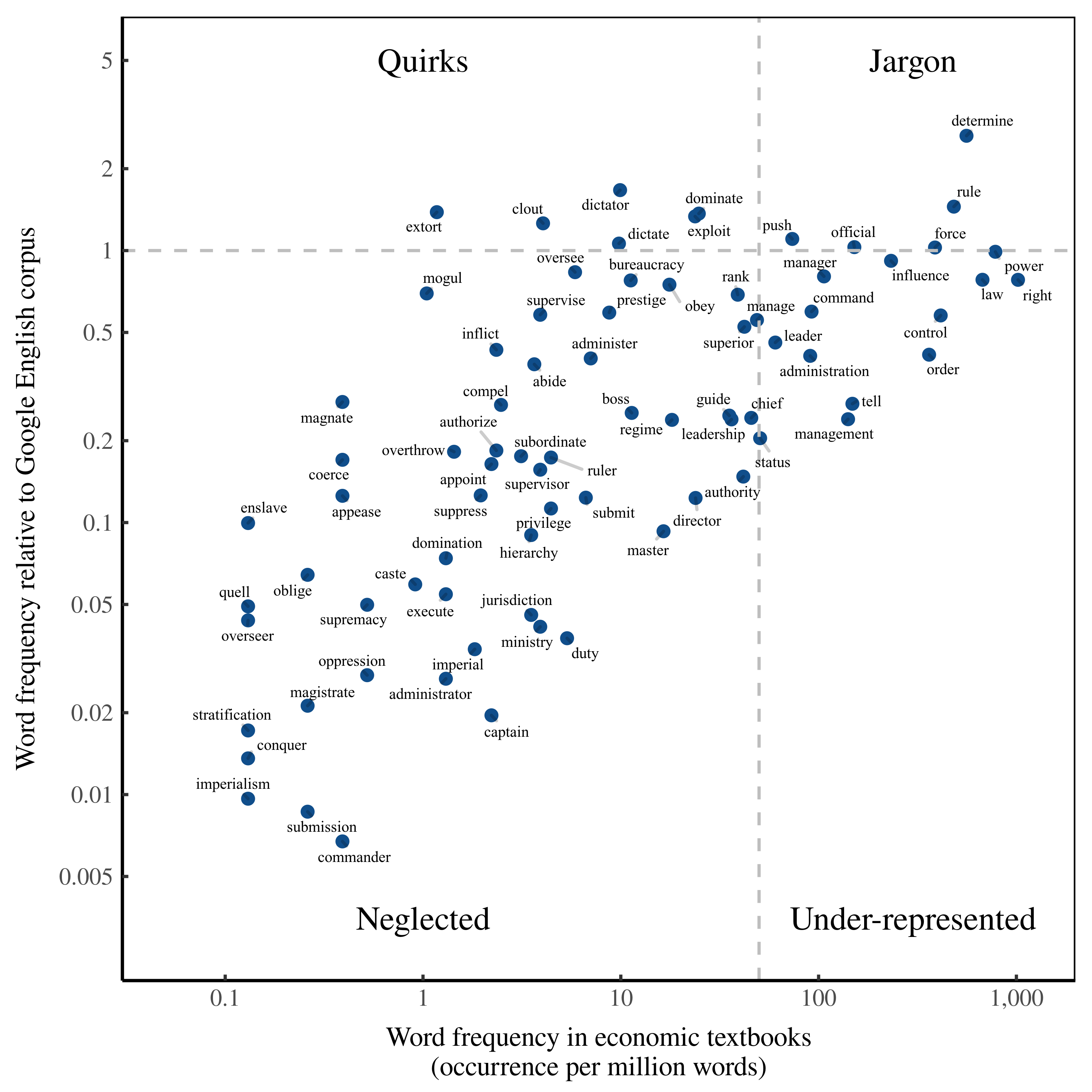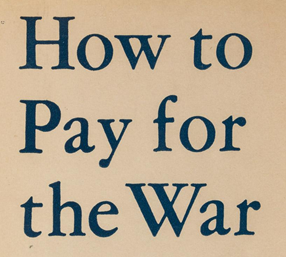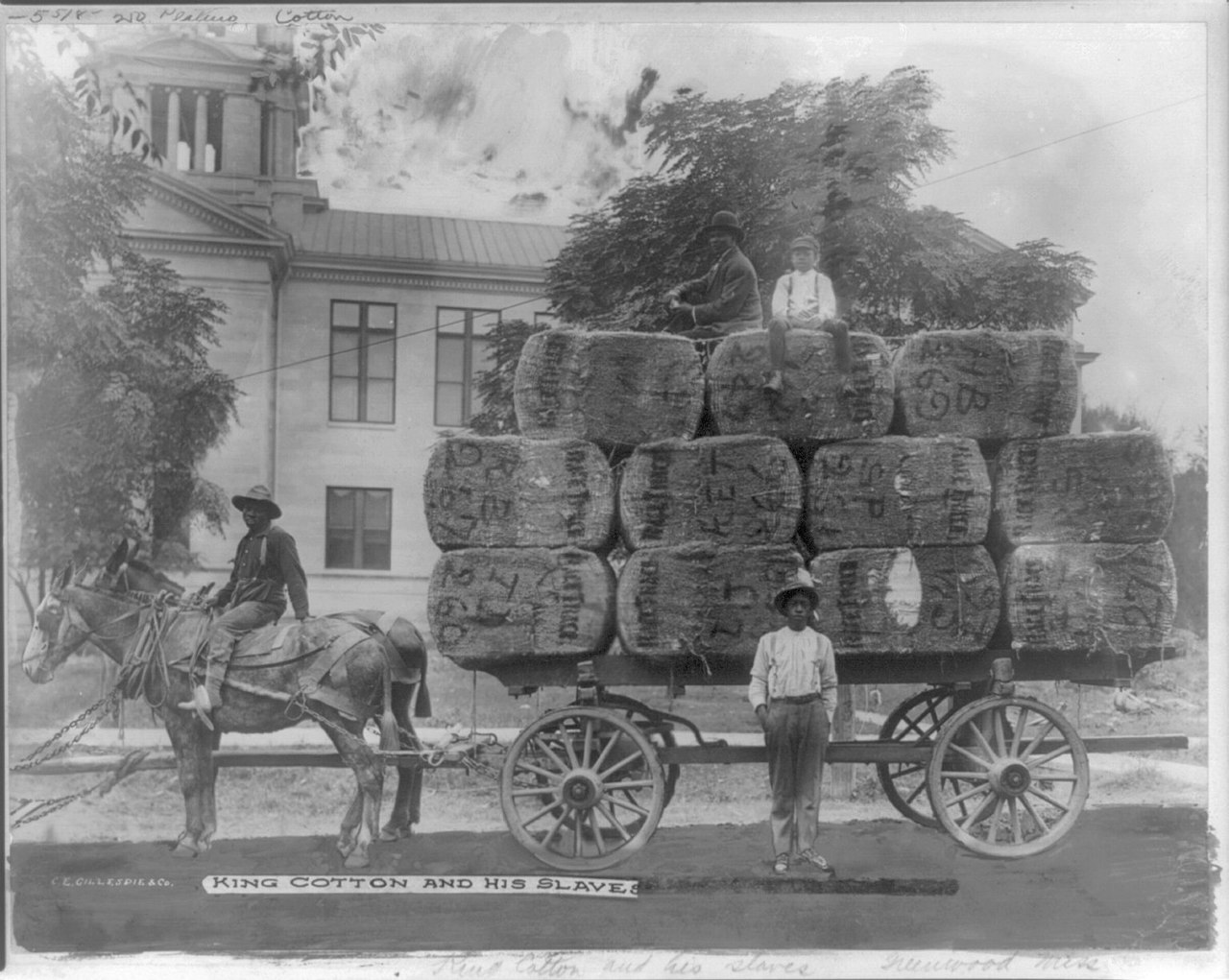Originally published at Economics from the Top Down Blair Fix A few months ago, I went down a rabbit hole analyzing word frequency in economics textbooks. Henry Leveson-Gower, editor of The Mint Magazine, thought the results were interesting and asked me to write up a short piece. The Mint article is now up, and is […]
Continue ReadingGoogle’s monopoly rigged the ad market
Originally published at pluralistic.net Cory Doctorow The quest to bring antitrust law to bear against tech companies is finally paying off, but it’s been a long, hard slog. At the vanguard have been two legal scholars: Columbia law’s Lina M Khan linamkhan and Yale’s Dina Srinivasan. The first watershed moment was Khan’s Jan 2017 Yale […]
Continue ReadingWhy Are Most Textbooks Still Proprietary?
Originally published at Economics from the Top Down Blair Fix Today a rant about textbooks. Every year governments spend billions of dollars on public education, teaching students knowledge that was itself created by publicly funded research. Yet each year, university students must pay anew for this information by purchasing high-priced textbooks. It needn’t be this […]
Continue ReadingDo all roads lead to the Oscars? Part II
Originally published at notes on cinema James McMahon We ended the last post with a scenario of someone dreaming of their film going all the way to the Academy Awards. But I also waved away any dreamy smoke that clouds our imaginations about this outcome. As was shown in Figure 5, which is pictured below, […]
Continue ReadingThe birth of capitalized credit money is inextricably bound with war
Jonathan Nitzan and Shimshon Bichler Originally published on Twitter During the twilight of feudalism, wars, whose cost soared in tandem with their material scope and unit price, were the most financially demanding expenses. Changing military technologies, beginning with the crusades and continuing with the Hundred Years War, made it increasingly necessary to rely on hired […]
Continue ReadingSlavery, the Development of the United States, and the Case for Reparations
Originally published at joefrancis.info Joe Francis In a new working paper I outline how slavery contributed to the development of the United States before the Civil War. The paper is called ‘King Cotton, the Munificent’ because I argue that slavery benefitted the free society of the North. In a nutshell, I argue that slaves were […]
Continue Reading





